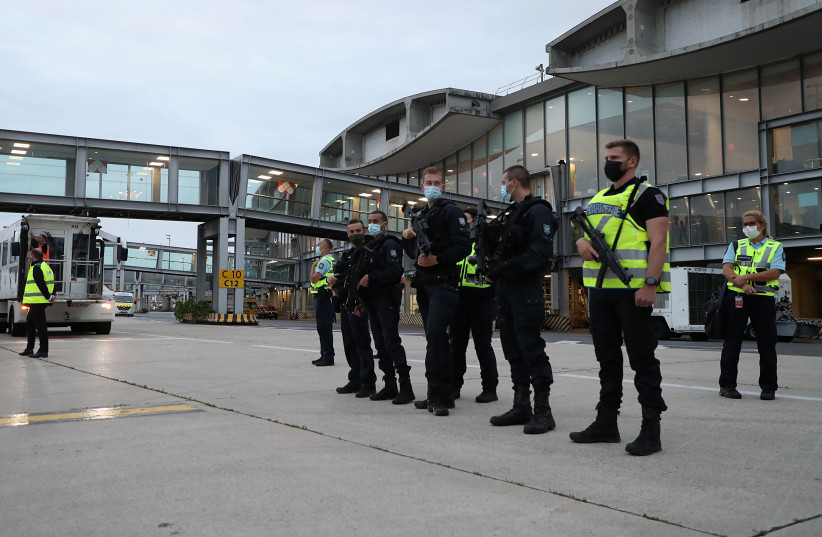A recent stabbing attack in eastern Iran has led authorities to express concern over whether worse is yet to come. According to Tasnim News, there was an attack two weeks ago that targeted clerics at the Imam Reza shrine in Mashhad.
Iran blamed extremists and later claimed a member of an Uzbek ethnic minority was behind the attack, allegedly a man who had fled Afghanistan. Others were arrested in the wake of the attack and Iranian media spread conspiracies about “takfiri” militants who are linked to the former US role in Afghanistan. Takfiri refers to a Muslim who excommunicates another Muslim or accuses them of apostasy.
The attack on the shrine is just one example listed in an article from the Tasnim News Agency this week that weaves a complex conspiracy alleging that the US and Western countries want to continue to work with former Afghan militia leaders and warlords to keep a foothold in the region. Iran was one of the countries that wanted the US to leave Afghanistan. Qatar backed the Taliban, and Pakistan also backed extremists in Afghanistan. China and Russia also wanted the US to leave. This helped the Taliban return to power.
However, yesterday there was a deadly attack on schools in Afghanistan targeting members of the Shi’ite minority. These attacks have gone on for years, killing hundreds. They generally are carried out by groups similar to ISIS, groups that also receive some support from groups in places like Pakistan. This is because far-right intolerant extremists linked to Sunni jihadists tend to target Shi’ites in genocidal attacks.
These attacks have also taken place in Pakistan, Iraq and other countries. Iran, whose leadership is Shi’ite, is concerned that these kinds of attacks could destabilize eastern Iran. Recent Iranian media accounts have woven conspiracies about former Afghan leader Abdul Rashid Dostum’s role in various activities that apparently concern Iran. The account from Tasnim News alleges his links to Russia and Turkey.

Dostum is a famous Uzbek leader who has been well known for decades. However, during the collapse of Afghanistan in the summer of 2021, he ended up fleeing. For Iran, the presence of people like Dostum and others linked to the former government of Afghanistan presents a problem because, as Tasnim claims, they are linked to the US and the West.
The overall context is that Iran has a continued interest in the outcome of political changes in Afghanistan. It also sees this as part of a wider struggle in Central Asia. That struggle could involve China, Russia, Turkey and other states.
Iran has several goals here. It wants to preserve trade links and grow its influence. It doesn’t want extremists and terrorist groups gaining a foothold, especially groups linked to ISIS. Nor does it want the US returning to the area. It also does not want to see Shi’ite minorities attacked.
However, Iran must balance all this with its relations with Pakistan and Turkey, as well as its ties to Qatar. Pakistan, Turkey and Qatar are all countries with ties to extremist groups. Turkey backs extremists in Syria, Pakistan backs them in Afghanistan, and both Qatar and Turkey support the Muslim Brotherhood and similar groups.
